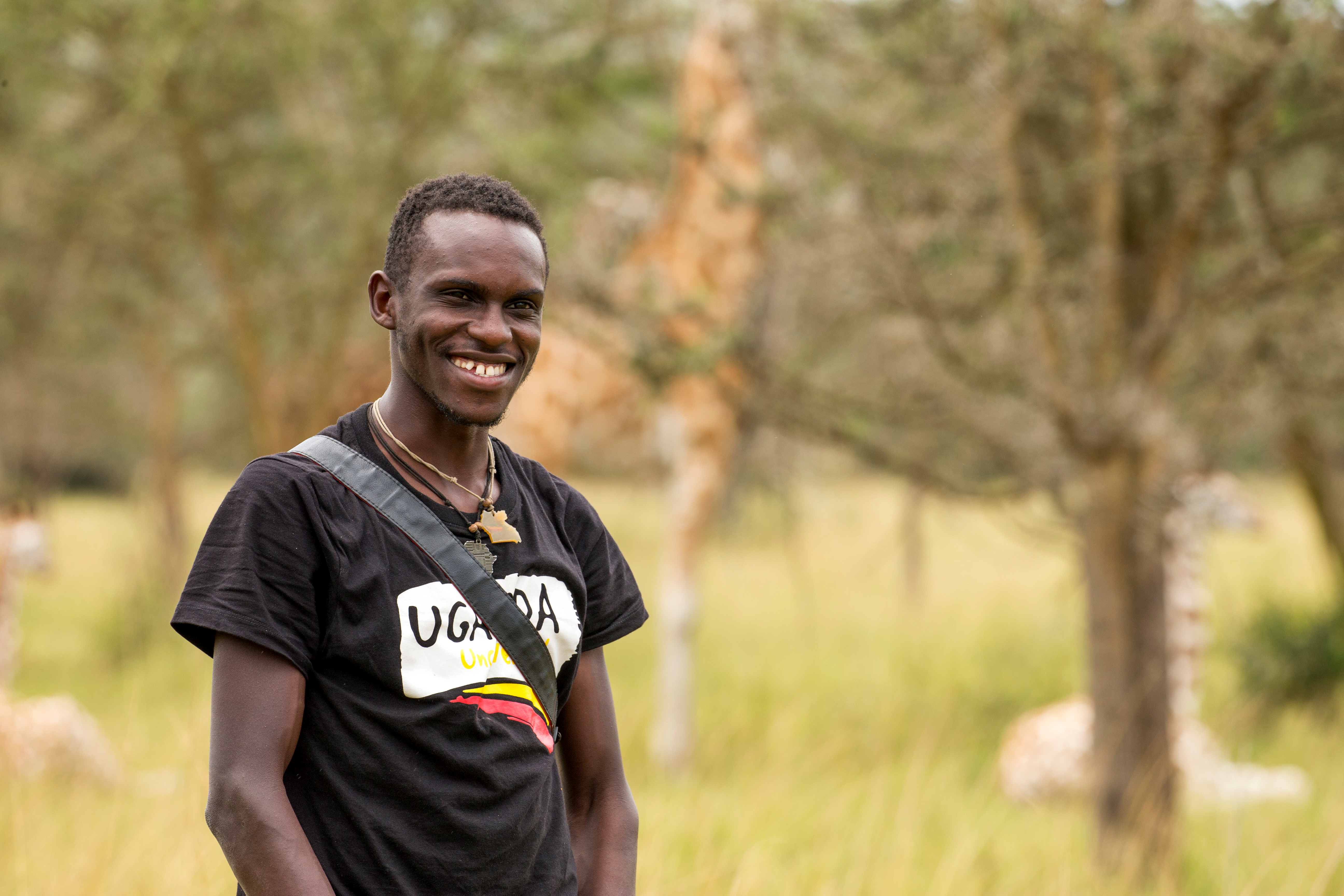Volunteer Programs in Uganda”
Education/Youth Development
With 50% of the population under the age of 15, volunteers can work with children in any part of Uganda. Orphanages are often religiously affiliated (84% of Uganda are equally divided between the Catholic and Protestant faiths), while primary and secondary schools are government-sponsored and always needing help in attaining the goal of universal education. Plenty of NGOs work outside of schools as well, teaching kids life skills, entrepreneurship, and sexual education.
Health
Uganda has been among the rare HIV success stories in Africa. In the 1980s, more than 30% of Ugandan residents had HIV; by 2009 rates had fallen to 6.5% (United Nations). However, this level is still unacceptable, as are the conditions in health centers and hospitals throughout the country. Volunteers with and without formal medical training can help provide basic health care and education to communities, especially in rural areas. Those studying medicine or nursing can easily volunteer in a handful of large hospitals, called Health Center Fives. A vast number of privately funded clinics are also available.
Community/Economic Development
Ugandans are very entrepreneurial, a quality that is easily linked with their love for community, making co-ops an ideal business method. Volunteers with business and economic backgrounds can help in the hundreds of microfinance NGOs or on a larger scale with the exportation of Uganda’s multitude of resources: sugar, coffee, tobacco, tea, cotton textiles, cement, steel, copper, cobalt, limestone and salt.
Agriculture and Water Sanitation
Agriculture composes 80% of the Ugandan workforce. These people are subsistence farmers. Improved farming methods, as well as irrigation, food preservation, water sanitation and animal husbandry are areas in which volunteers can make an impact.
Environmental Conservation
Uganda is blessed with natural resources and natural beauty. Its National Parks need to be protected from poaching. Citizens need to be educated on the dangers of deforestation and the importance of alternative fuel and reforestation; the National Environmental Management Authority states that “if deforestation continues at the present rate, Uganda will have lost all its forested land by 2050” (NEMA UG). Clean up after natural disasters, such as mudslides and droughts, is critical as well.
Gender Equality
Women in Uganda are viewed as second-class citizens, to be bought and sold by men through marriage. Women’s empowerment, as well as gay rights activism, are politically charged and presently quite tense, but in need of activism nonetheless.










